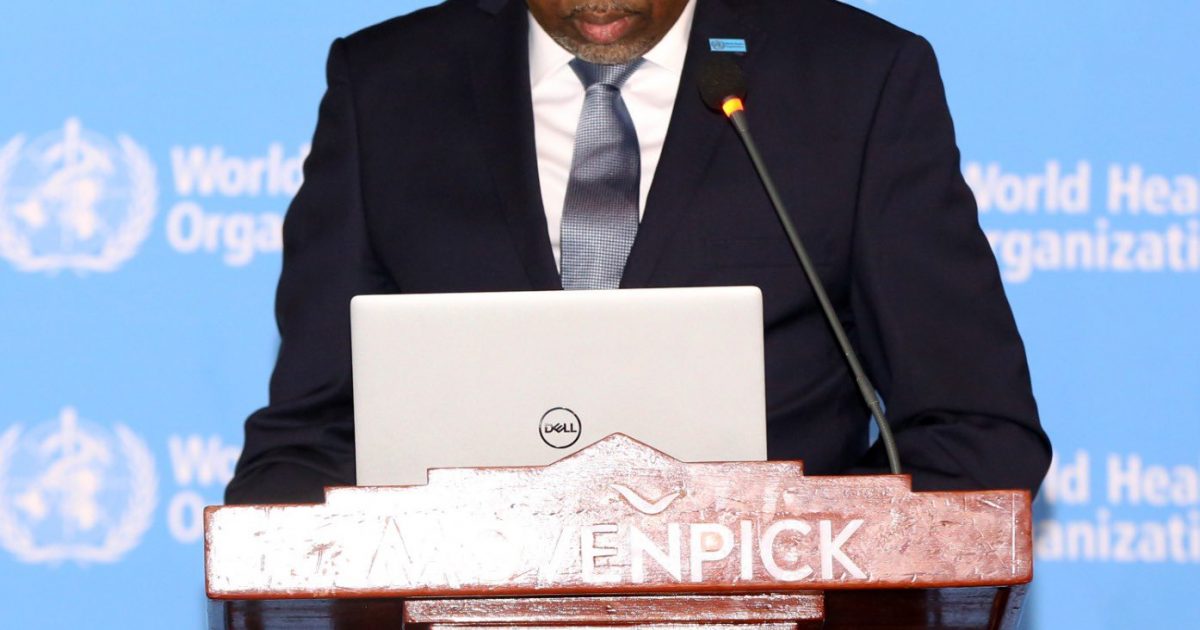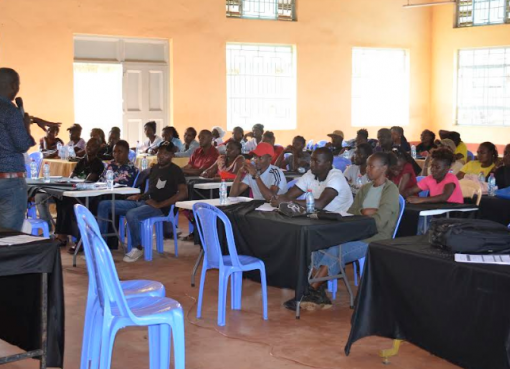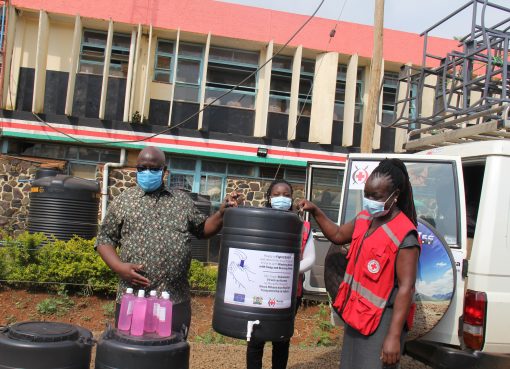The World Health Organisation (WHO) on Thursday held a stakeholder’s workshop bringing together partners to discuss health impacts from household air pollution.
The partners included stakeholders such as Safaricom PLC, KEMRI, Ministry of Health and Mama Doing Good (MDG), an initiative of the first lady of the Republic of Kenya.
Speaking at the event, the World Health Organization Representative in Kenya Dr. Abdourahmane Diallo lauded the gathering of the household air pollution stakeholders’ workshop saying it was an important step in the collective efforts to combat household air pollution and pave a path towards cleaner and healthier lives for all Kenyans.
“I would like to extend a special thank you to her Excellency the First Lady of Kenya for her continued support and dedication towards women empowerment and the unmatched network of women groups who are ready to plug in risk reduction approaches against household air pollution,” added Dr. Diallo.
Further, he appreciated the Government of Kenya for graciously hosting the event and for its unwavering commitment to addressing the challenges posed by household air pollution, specifically the SDG seven energy contacts with the target of achieving universal access to modern energy services by 2028.
Dr. Diallo emphasized that household air pollution transcends national boundaries and affects communities around the world globally noting that it remains a major concern and is one of the leading causes of morbidity and mortality.
“Unfortunately, burning complete combustion of solid fuels and caravan used for cooking exposes individuals in this case, mainly women, to harmful pollutants resulting in approximately 3.2 million premature deaths each year therefore, it is imperative that we address this issue comprehensively and without any further delay,” stated Dr. Diallo.
He added that using traditional cooking methods and solid fuels not only poses health risks but also contributes to environmental degradation, which makes household air pollution the double burden to the environment and to our health.
“Our efforts to combat household air pollution in Kenya must be part of a larger regional and global strategy aimed at promoting clean, safe cooking technologies and sustainable energy,” he advised.
The WHO Representative noted that Kenya has made significant strides in addressing household air pollution though there is still much to be done especially in promoting the government approach towards eliminating excess death from household air pollution.
According to Dr. Diallo, it is our collective responsibility to scale up the use of clean, safe fuels and technologies by additionally exploring innovative financing mechanisms to support the transition to clean and safe cooking and invest in research and development to cover locally appropriate solutions.
“To effectively address indoor air pollution in Kenya it is crucial to adopt a systems approach that considers the intersection, interconnections and interdependencies of various factors involved,” voiced Dr. Diallo.
The factors, he highlighted, entail engaging a wide range of stakeholders, collecting and analyzing data, fostering multi-sectoral collaboration, developing evidence-based policies, promoting awareness and behavior change, and bridging research and innovation.
With a collective effort and sustained commitment, Dr. Diallo maintained that the country can successfully combat indoor air pollution creating healthier and cleaner lives for all Kenyan households.
He called upon all stakeholders to join hands and establish a multi-sectoral platform which will serve as a hub for collaboration, knowledge sharing and joint implementation of initiatives that will help combat household air pollution.
By Silus Waswa




